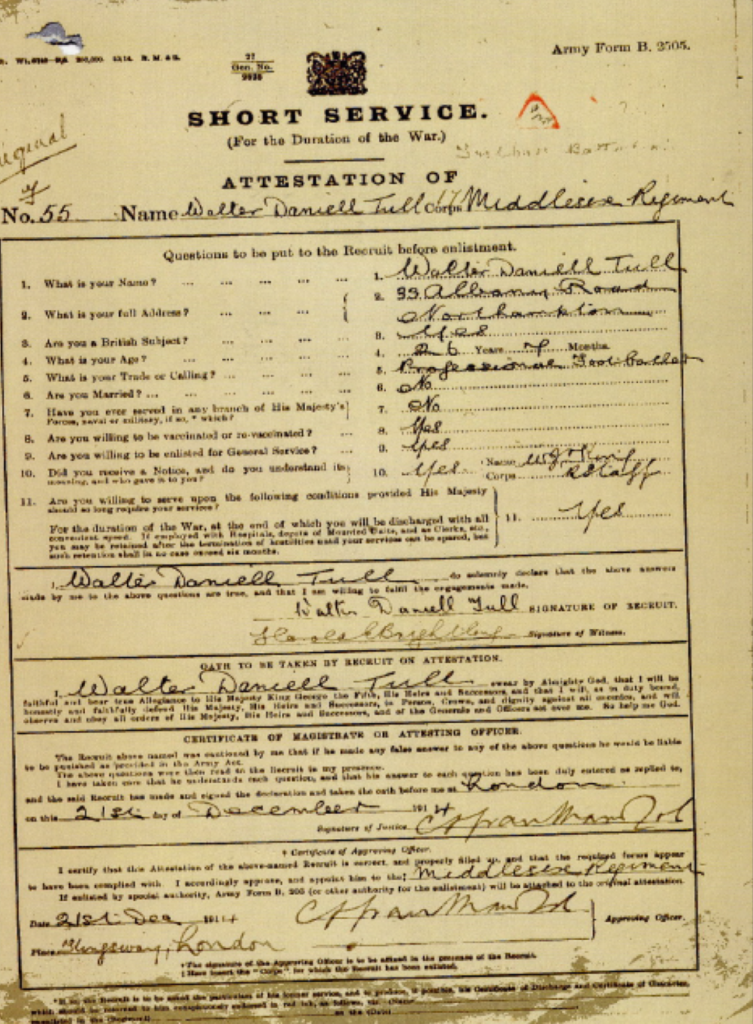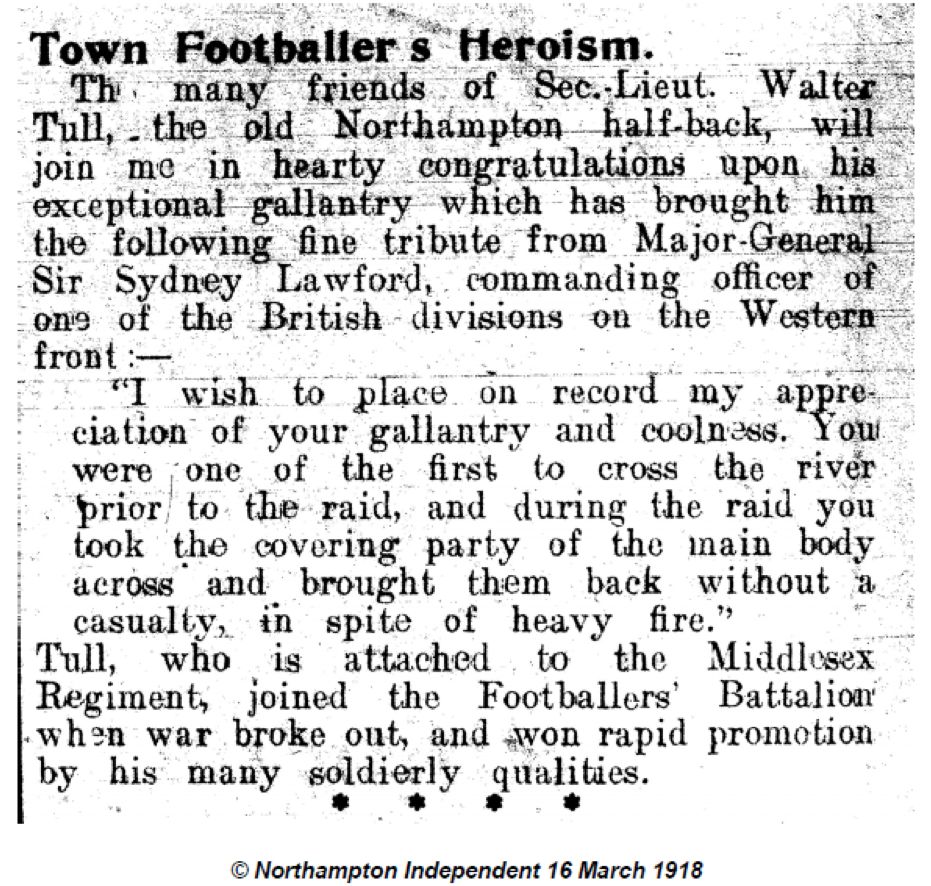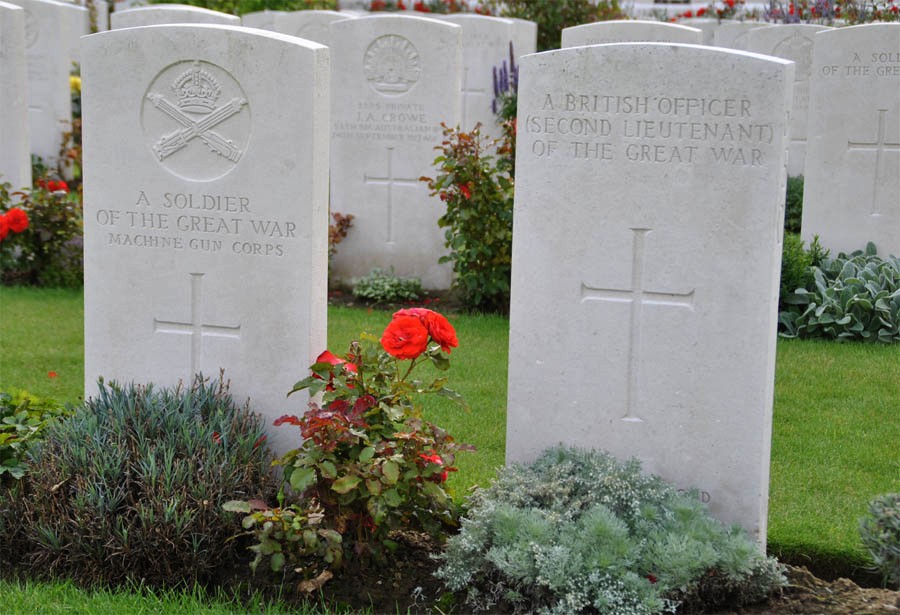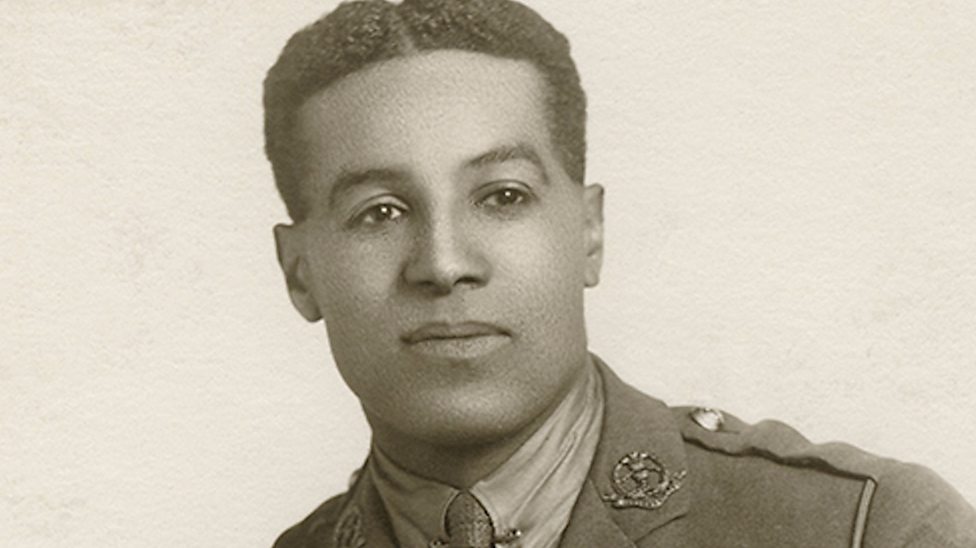
Walter Tull Professional Footballer
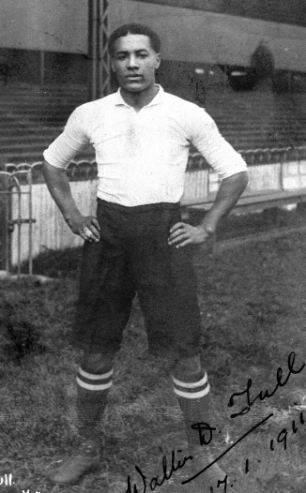
After making his name with the amateurs of Clapton, Tull had enjoyed early success at Tottenham making 20 appearances, scoring four goals, before he was purchased by Herbert Chapman’s Northampton in 1911. In spite of the racism he faced from opponents and opposition supporters, he played more than 100 times for the club and became an established member of the side which regularly challenged at the top end of the Southern League. More at Guardian newspaper
Walter Tull began his football career at east London amateur side Clapton, where he would win the London Senior Cup, the FA Amateur Cup and the London County Amateur Cup during the 1908/09 season. His short time at Forest Gate came to an end soon after when he was invited to join Tottenham Hotspur on their pre-season tour to South America in the summer of 1909. Impressing sufficiently, Tull was offered professional terms by the club and duly signed ahead of the 1909/10 campaign.
Handed his debut in a 3-1 loss at Sunderland on 1 September 1909, Tull soon won praise for his early performances but would also face considerable prejudice and racial abuse from the terraces. After making a further five appearances, Tull was dropped from the first team and would not play again until 24 December 1910 when Spurs won 3-1 at Nottingham Forest. He would then score in 1-1 home draw with Manchester City three days later before making his final appearance for Tottenham in a 2-0 defeat at Woolwich Arsenal. Soon after, Tull left White Hart Lane to sign for Herbert Chapman’s Northampton Town. Source: Football and The First World War
The move to the County Ground would prove to be the defining moment of Tull’s career and after making his debut against Watford on 21 October 1911, he would go on to become an integral part of Chapman’s side. Over then next three seasons, Tull would score nine times in 110 games and flourished further still when his manager switched him from his traditional half-back role to inside-forward. By the time he played his final game for Northampton, Tull had become one of the club’s most popular players.
Walter Tull British Army Soldier
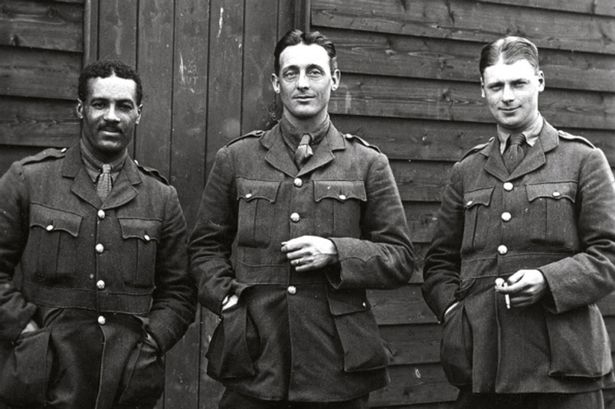
When the First World War broke out, be became the first Northampton player to sign up to join the 17th (1st Football) Battalion of the Middlesex Regiment, and in November 1915 his battalion arrived in France.
The Army soon recognised Tull’s leadership qualities and he was quickly promoted to the rank of sergeant. In July 1916, Tull took part in the major Somme offensive. Tull survived this experience but in December 1916 he developed trench fever and was sent home to England to recover.
Tull had impressed his senior officers and recommended that he should be considered for further promotion. When he recovered from his illness, instead of being sent back to France, he went to the officer training school at Gailes in Scotland. Despite military regulations forbidding “any negro or person of colour” being an officer, Tull received his commission in May, 1917. See 100 Great Black Britons
